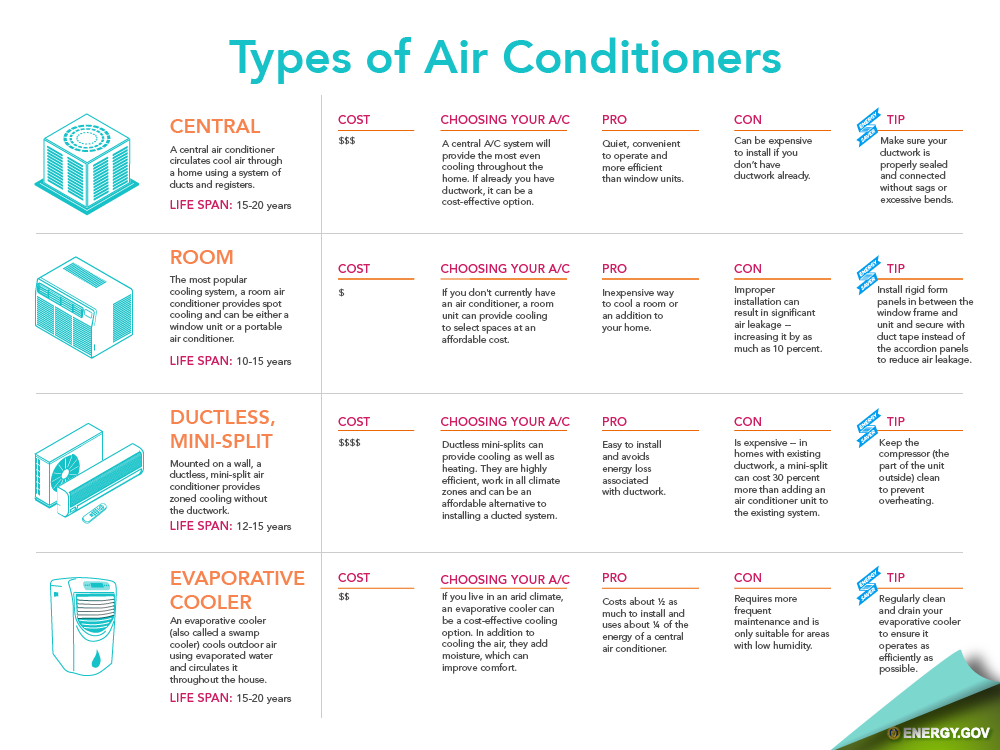The Future Of Home Heating - How Heat Pump Modern Technology Is Advancing
The Future Of Home Heating - How Heat Pump Modern Technology Is Advancing
Blog Article
Author-Dawson Roy
Heat pumps will certainly be an essential technology for decarbonising home heating. In a circumstance regular with governments' revealed power and climate dedications, their worldwide capacity doubles by 2030, while their share in home heating rises to one-quarter.
They work best in well-insulated homes and depend on electricity, which can be provided from a sustainable power grid. Technical breakthroughs are making them much more effective, smarter and cheaper.
Gas Cells
Heatpump utilize a compressor, cooling agent, coils and followers to move the air and warmth in homes and appliances. They can be powered by solar power or electrical power from the grid. They have actually been acquiring appeal because of their low cost, peaceful procedure and the ability to generate electrical power during peak power need.
Some business, like IdaTech and BG MicroGen, are working on fuel cells for home heating. These microgenerators can replace a gas central heating boiler and create some of a home's electrical demands with a connection to the electrical power grid for the rest.
But there are reasons to be hesitant of using hydrogen for home heating, Rosenow says. It would certainly be expensive and inefficient contrasted to various other innovations, and it would certainly contribute to carbon discharges.
Smart and Connected Technologies
Smart home modern technology enables house owners to link and control their gadgets remotely with using smartphone apps. As an example, clever thermostats can learn your heating preferences and instantly adjust to enhance energy intake. Smart illumination systems can be controlled with voice commands and automatically shut off lights when you leave the area, reducing power waste. And smart plugs can keep an eye on and handle your electrical usage, enabling you to determine and limit energy-hungry appliances.
The tech-savvy house illustrated in Carina's interview is a good picture of how owners reconfigure area heating methods in the light of brand-new smart home innovations. They rely upon the tools' automated functions to execute daily adjustments and concern them as a hassle-free means of conducting their heating practices. Because of this, they see no factor to adjust their methods better in order to allow versatility in their home energy demand, and interventions aiming at doing so may encounter resistance from these households.
Electrical power
Since heating homes accounts for 13% of US discharges, a button to cleaner choices can make a huge difference. Yet the technology encounters difficulties: It's expensive and calls for substantial home remodellings. And it's not always compatible with renewable energy resources, such as solar and wind.
Up until lately, electric heat pumps were too pricey to compete with gas versions in most markets. But brand-new developments in design and materials are making them extra budget friendly. And far better cold climate performance is allowing them to work well also in subzero temperature levels.
The following action in decarbonising heating may be making use of warmth networks, which draw heat from a central source, such as a close-by river or sea inlet, and distribute it to a network of homes or buildings. That would certainly decrease carbon exhausts and permit homes to make use of renewable resource, such as environment-friendly power from a grid supplied by renewables. This choice would certainly be much less expensive than switching over to hydrogen, a fossil fuel that requires new infrastructure and would just minimize carbon dioxide emissions by 5 percent if coupled with enhanced home insulation.
Renewable resource
As electrical energy prices go down, we're beginning to see the exact same fad in home heating that has actually driven electric cars into the mainstream-- but at an even faster rate. https://guttercleaningquotes83950.blog-kids.com/29496920/demystifying-the-price-of-putting-up-and-keeping-a-heatpump for electrifying homes has been pressed even more by brand-new research.
https://dominickeawq16049.howeweb.com/29888497/debunking-usual-myths-and-misunderstandings-concerning-warmth-pumps make up a significant share of modern-day heat consumption, yet have been provided restricted policy attention worldwide compared to other end-use fields-- and also less attention than electrical energy has. In simply click the up coming article , this mirrors a mix of customer inertia, split rewards and, in many countries, aids for nonrenewable fuel sources.
New technologies could make the shift much easier. For instance, heat pumps can be made much more power effective by replacing old R-22 cooling agents with new ones that do not have the high GWPs of their predecessors. Some experts additionally envision district systems that draw heat from a close-by river or sea inlet, like a Norwegian fjord. hvac can after that be made use of for heating and cooling in an area.